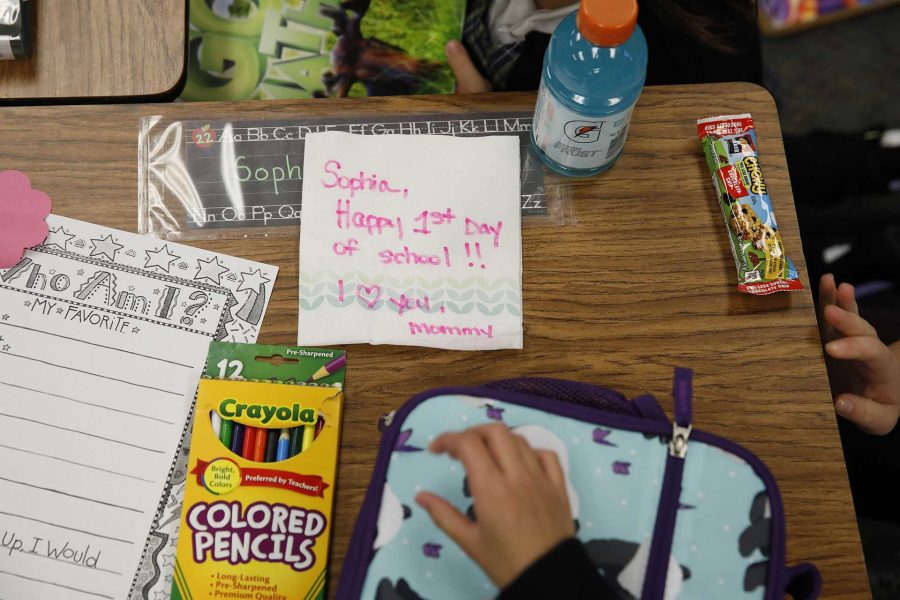Recently, the state submitted its Every Student Succeeds Act for federal approval. The law would replace No Child Left Behind, and its goal is to ask students about their teachers, classmates, and schools, then using the student’s answers, better assess the school’s performance. As of now, the planned approach is to have prepared statements ready and the child will agree or disagree with them.
Iowa schools are also prepared for the change starting in the spring of 2018. The plan also calls for similar surveys to go out to parents and staff in effort to receive similar feedback, yet schools will not be required to use them or report them.
Every Student Succeeds Act is a large attempt to hold Iowa schools more accountable. The goal is to measure schools beyond testing instead of relying on it so heavily as No Child Left Behind did. The comfort of students, how safe they feel, and how much they enjoy school have a large effect on their learning. The problem schools have right now is being unaware of the avoidable problems students have that affect their learning. The heavy focus on testing doesn’t help the problem. Test anxiety and hands-on skills are more easily dismissed with the current test-focused school assessments.
The act doesn’t really solve much directly, but it can help detect problems. By creating a way to notice when and where a problem is, schools can attack it. The hope is that with this new data, they will also have better knowledge on how to address problems and be more effective with their improvement strategies.
RELATED: Undocumented UI student talks DACA
The new approach is obviously not a waste of time. It is a step forward for education and, more importantly, a step away from such a test-based school assessment that doesn’t truly portray the status of a school.
However, Iowa schools aren’t in the clear yet, especially in Iowa City. The local schools still have “seclusion rooms,” which sparked controversy earlier this year. These rooms are black-padded closet-type rooms with no windows or light. They are meant to be used for children disrupting class or being a problem while the teacher is in the midst of a lesson.
These rooms are clearly inhumane. Locking a child in a dark tight space when acting out? It may scare them into behaving well at school, but that doesn’t mean the treatment isn’t cruel and unfair. To add to this, there is usually more of a problem beyond them misbehaving in class, which goes back to the law, which attempts to identify the root of behavioral or academic issues.










